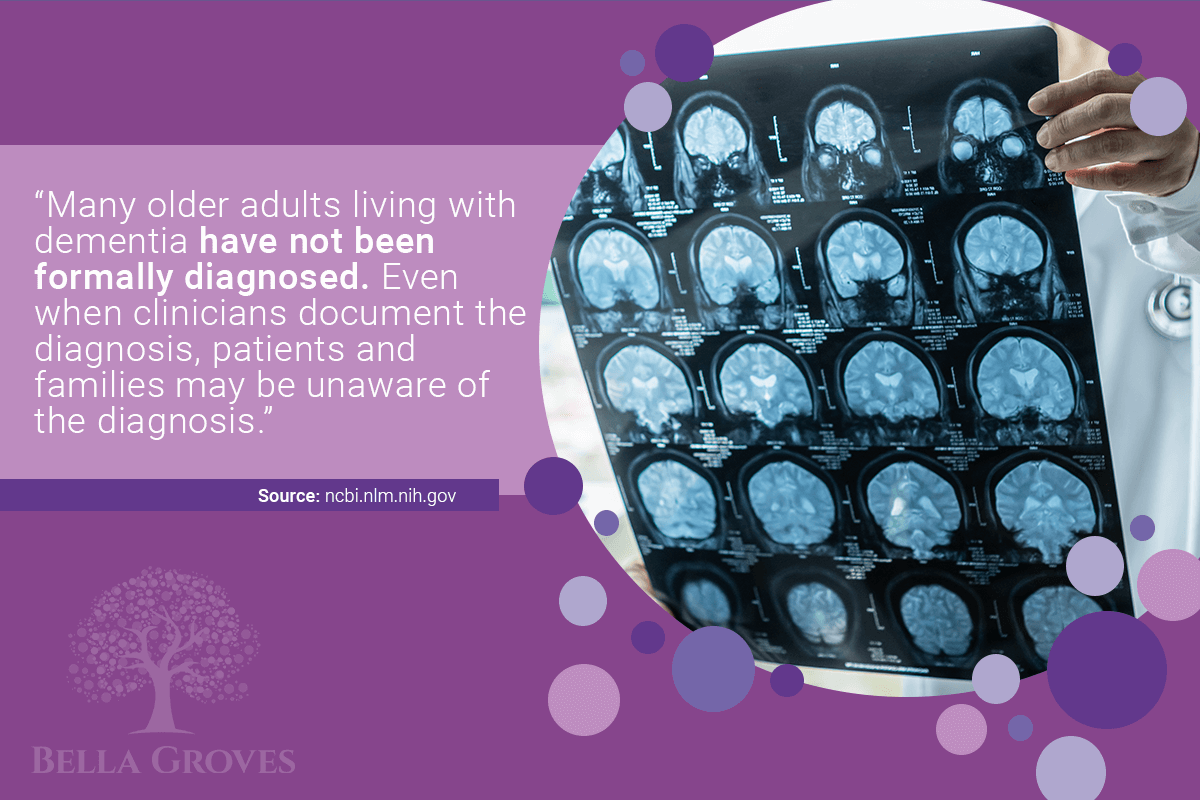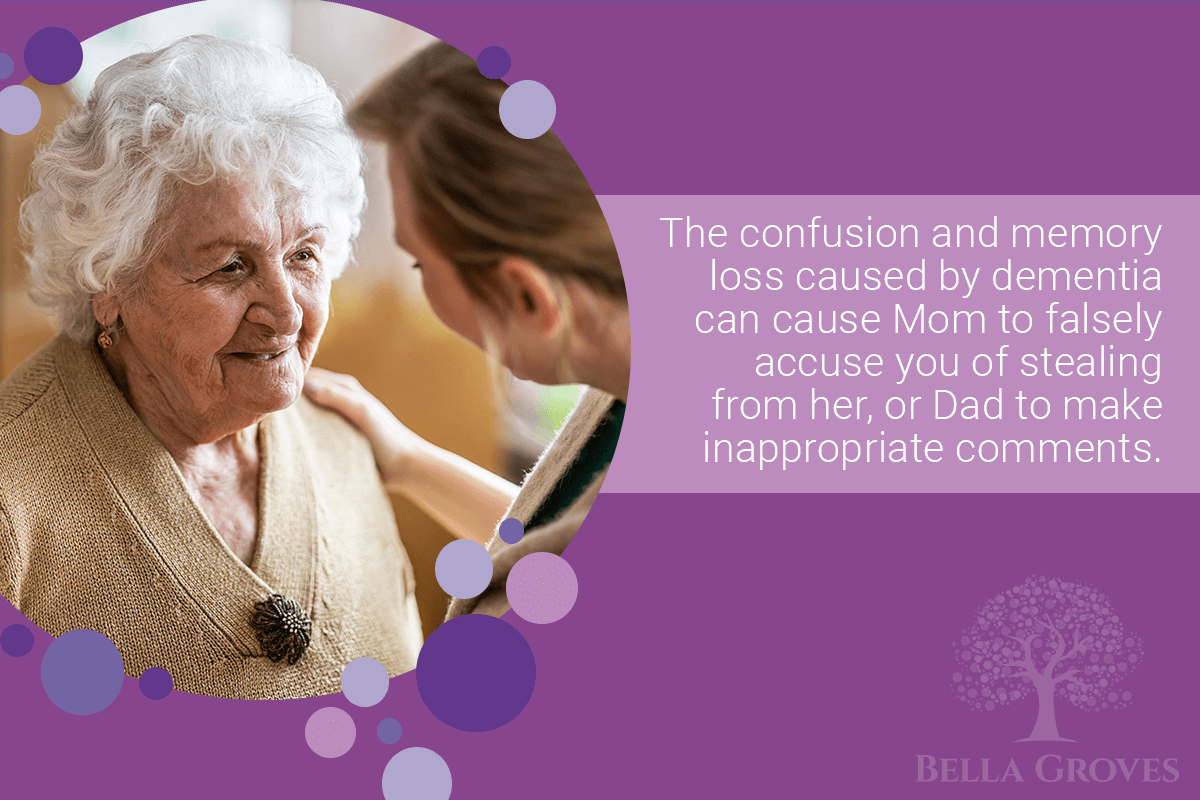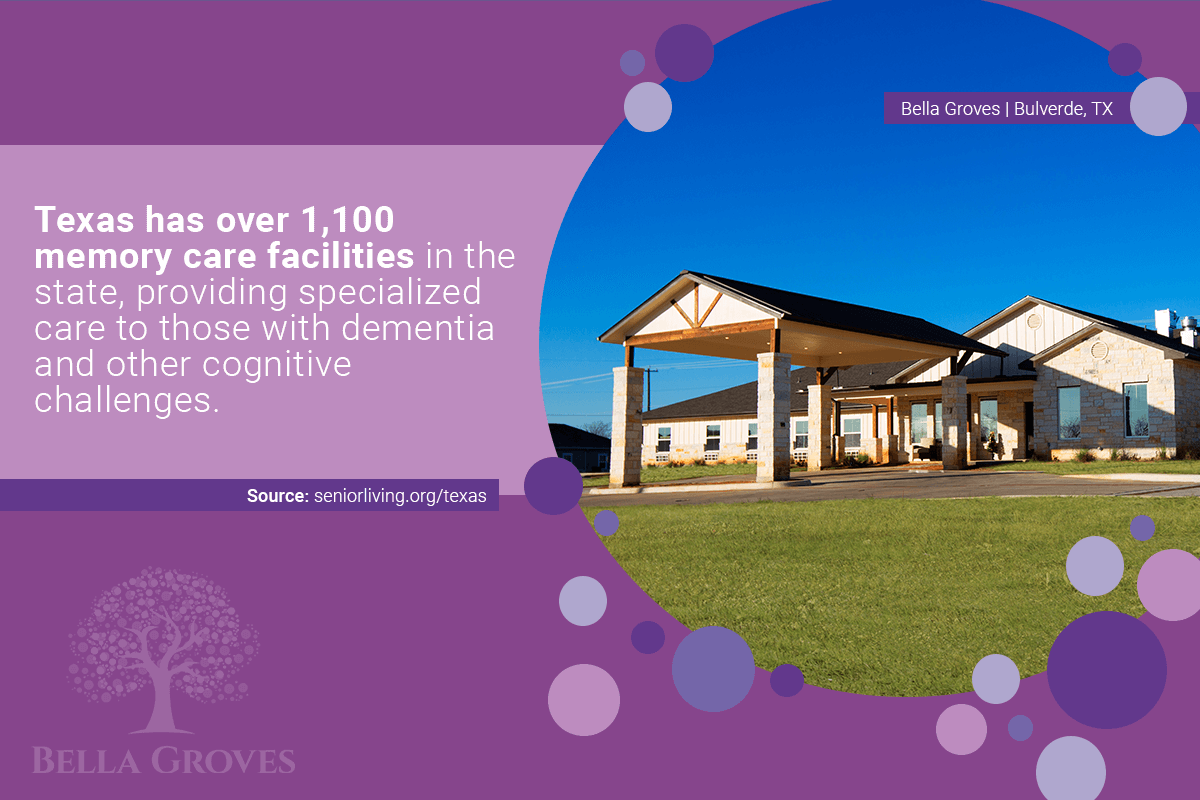
How is Dementia Diagnosed?
It can be worrisome and uncertain when you notice Mom or Dad have sharted showing signs of forgetfulness, confusion, or other concerning behaviors. Age-related memory loss is common for many, but it can be difficult to gauge whether or not a person is experiencing this or demonstrating early dementia.
So, how is dementia diagnosed, and when should you take the proactive steps towards a diagnosis?
At Bella Groves, we pride ourselves in offering resources that help care partners and family members understand how to navigate this chapter of life. Below, we’re sharing what to do if you suspect someone you love has dementia.
When to Get a Diagnosis
Whether you live next door to Mom and visit her regularly, or live at a distance and communicate through phone calls and video chats, you might pick up on signs that she hasn’t been acting like herself. Perhaps they’ve been having problems remembering dates or names, or you’ve noticed things around the house are not getting handled.
When a person exhibits signs of cognitive impairment, it’s important to speak to a healthcare provider. If Mom is living with dementia, the earlier it is diagnosed, the more involved she can be in her care plan and treatment options before the condition progresses.
In addition, many treatable health issues can mimic the signs of dementia. For example, thyroid disease, urinary tract infections (UTIs), and Lyme disease can cause symptoms of confusion, forgetfulness, and behavior and personality changes.
What to Expect During the Diagnosis Process
It can be scary to think about the possibility of Mom receiving a dementia diagnosis, but it’s crucial that you don’t let fear stop you. If your Mom were physically hurt, you wouldn’t hesitate to seek medical care; the same applies to dementia. Ignoring symptoms and not getting a proper diagnosis will negatively impact Mom’s health, safety, and quality of life.
So, how is dementia diagnosed, and what does the process look like? First, there is typically a physical examination, as well as a series of questions, like:
- Does dementia run in your family?
- When did these symptoms begin?
- Do you have any medical issues, or are you taking medications?
- What behavioral or personality changes have you noticed?
A person might also participate in more detailed assessments that can help doctors understand the state of their cognitive abilities, such as:
- Interpreting shapes
- Answering questions regarding information like the date and time, various places, and names
- Using your memory to recall a list of items or facts
Tests
While no single test can instantly diagnose a person with dementia, a series of methods are typically used to determine a dementia diagnosis.
Cognitive and Neurological Tests: Exams that test a person’s thinking and physical abilities, used to assess problem-solving, memory, language, and math skills, as well as balance, sensory response and processing, and reflexes.
Genetic Tests: In some rare cases, dementia can be influenced by a person’s genes. Doctors might order a genetic test to determine if an individual has altered genes that can cause dementia. It’s important to note that these tests look for any genetic variations a person might have, but they are not solely used to diagnose dementia.
Brain Scans: These scans are used to identify any changes in an individual’s brain function and structure and can also pick up on strokes, tumors, or other issues that might lead to dementia. Commonly used scans include:
- Computed Tomography (CT) which uses X-rays to produce images of the brain.
- Magnetic Resonance Imaging (MRI) which uses magnetic fields to produce detailed images of the brain.
- Positron Emission Tomography (PET) which uses radiation to provide images of brain activity.
- Cerebrospinal Fluid (CSF) Tests: CSF is a clear fluid surrounding the brain and the spinal cord. Its function is to provide protection and nutrients to the brain, and doctors collect this fluid through a process known as a lumbar puncture (also called a spinal tap) to measure the levels of proteins in a person’s CSF.
The process of receiving a dementia diagnosis may vary by healthcare provider, but a combination of these tests and assessments help medical professionals determine a person’s cognitive abilities and health.
If Mom does receive a dementia diagnosis, this is not the end of her story; it’s just another chapter of her life. Our mission at Bella Groves is to ensure individuals and families impacted by dementia know they do not have to do this alone. From the day you receive a dementia diagnosis, our team is ready to take this journey with you.
If you have questions about your dementia care journey, we invite you to call us at (210) 201-6951 or email us at hello@bellagroves.com.


